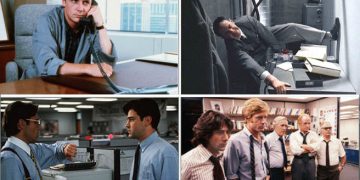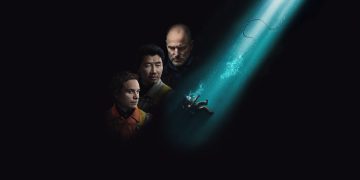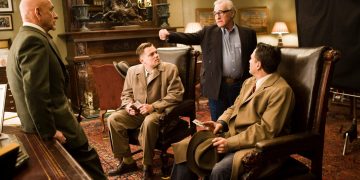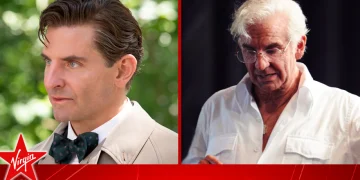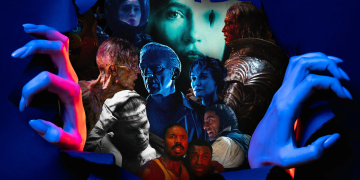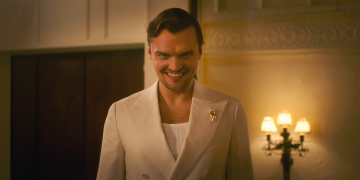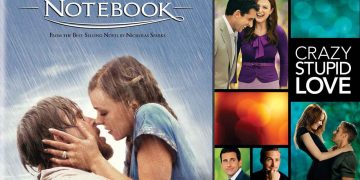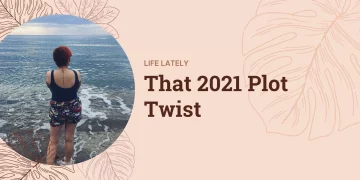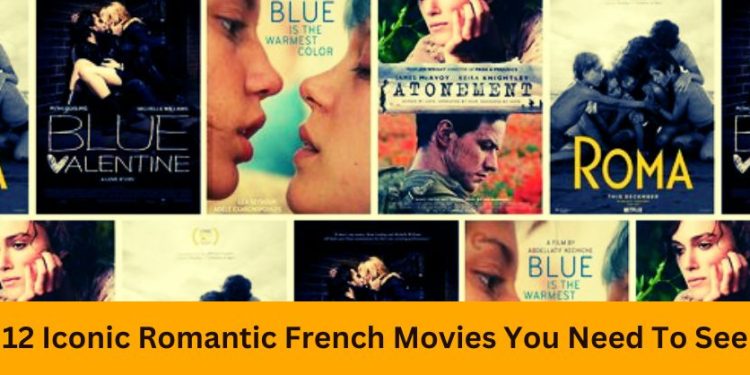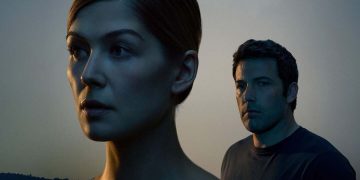Gentle and Elegant French Romance Films That Will Steal Your Heart
There’s something undeniably magical about a well-crafted French romance film. Whether it’s the warm glow of a Parisian café or a whispered confession on a windswept coastline, French romantic cinema offers a kind of emotional richness that lingers long after the credits roll.
These aren’t your typical rom-coms. They’re whimsical, tragic, poetic—and sometimes all at once. If you’re in search of cinema that explores love with elegance, subtlety, and soul, this curated list of gentle and elegant French romance films is your next emotional escape.
Introduction: Why French Romance Films Are So Special
French cinema has long been celebrated for its unique storytelling, unflinching emotional honesty, and visual beauty. Romance, especially, is portrayed not just as a plotline—but as an exploration of desire, vulnerability, and connection.
While Hollywood may rely on grand gestures, French love stories often unfold through stolen glances, lingering silences, and philosophical dialogue. These films invite the viewer to feel rather than be told what to feel.
“Love in French cinema isn’t just an outcome—it’s a question, a process, and sometimes, a haunting.” — French film critic Marie Rault
Whimsy and Wonder: Modern Parisian Fairy Tales
Some of the most endearing French romance films feel like dreams woven into celluloid. These stories bring to life the quieter joys of love—ones that often bloom in unexpected places and tender gestures.
Amélie (2001)
Le Fabuleux Destin d’Amélie Poulain
Possibly the most famous French romance film internationally, Amélie is a quirky, heartwarming celebration of kindness, imagination, and love. Set in a whimsically stylized Paris, it follows a shy waitress (played by Audrey Tautou) who secretly improves the lives of those around her—while quietly pursuing her own romantic longing.
Director Jean-Pierre Jeunet pairs poetic visuals with a whimsical score to create an immersive Parisian dreamscape. This film isn’t just romantic—it’s a cinematic love letter to introverts, dreamers, and anyone who’s ever fallen in love with the idea of love.
Rendezvous in Paris (1995)
Les Rendez-vous de Paris
Directed by Éric Rohmer, a master of romantic dialogue, Rendezvous in Paris interlaces three gentle love stories set across the city. Each vignette explores themes of serendipity, fidelity, and emotional vulnerability, creating a tapestry of modern love in the city of light.
Rather than dramatic twists, the film relies on everyday encounters, subtle miscommunications, and the beauty of fleeting connections. It’s ideal for viewers who appreciate intimate, dialogue-driven cinema with a naturalistic style.
“Rohmer proves that Paris itself is enough of a plot device when it comes to romance.”
He Loves Me… He Loves Me Not (2002)
À la folie… pas du tout
In a brilliant twist on the traditional romantic narrative, this film tells the story of Angélique (Audrey Tautou again), a charming art student who appears to be in a passionate affair—until the film’s midpoint reveals a chilling truth.
Told from two opposing perspectives, it’s a psychological drama that dissects obsession, delusion, and the fine line between love and madness. Tautou’s performance shifts from delicate to unnerving with haunting precision.
The Lover (1992)
L’Amant
Based on Marguerite Duras’s semi-autobiographical novel, The Lover recounts a scandalous relationship between a teenage French girl and a wealthy Chinese man in 1929 colonial Vietnam.
Directed by Jean-Jacques Annaud, the film is a sensual and atmospheric portrayal of forbidden love, identity, and power dynamics. Its striking cinematography and languid pace make it a meditative exploration of emotional and physical intimacy.
“More than an affair—it’s a story of awakening, memory, and cultural collision.”
Mood Indigo (2013)
L’Écume des jours
Based on the novel by Boris Vian and directed by Michel Gondry, Mood Indigo is one of the most visually inventive romantic films ever made.
It follows Colin, a wealthy inventor who falls in love with Chloé (played by Audrey Tautou yet again), only to face tragedy when she contracts a bizarre illness—a flower growing in her lungs. As their love fades, so does the color from their world.
A surreal visual experience, the film blends whimsy and melancholy, making it a poetic metaphor for the fragility of love.
Une histoire d’amour (2023)
A newer entry in the French romance canon, Une histoire d’amour tells the emotionally raw story of two women navigating the passion, challenges, and tenderness of queer love.
With naturalistic acting, nuanced writing, and deeply personal themes, it brings LGBTQ+ representation to the forefront of French romantic cinema. It’s been praised for its authenticity and for moving away from stereotypes often seen in mainstream portrayals.
“It’s not just about falling in love—it’s about holding onto it when everything else changes.”
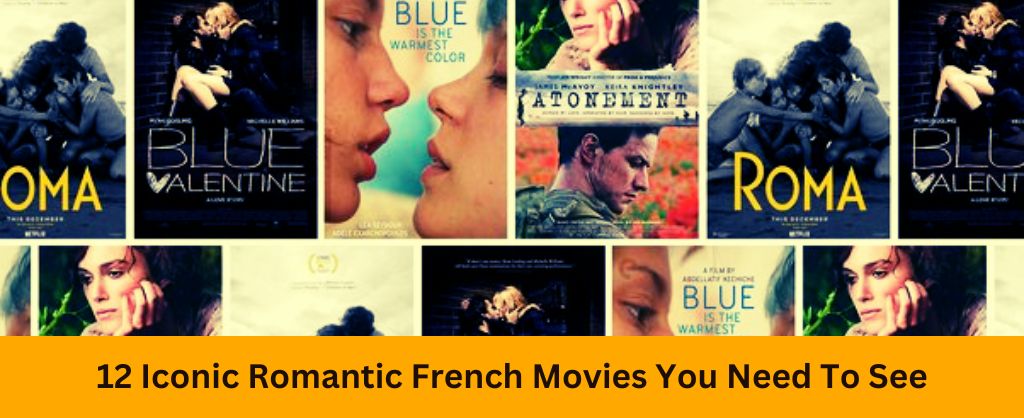
Jules and Jim (1962)
Jules et Jim
Directed by François Truffaut, a leading figure of the French New Wave, Jules and Jim is an enduring masterpiece of emotional complexity. It tells the story of two best friends—Jules and Jim—who fall in love with the same free-spirited woman, Catherine.
What sets this film apart is not just its revolutionary editing and cinematography, but its fearless portrayal of nonconventional love, freedom, and emotional turbulence. The film doesn’t choose sides—it lets love unfold in its most human and tragic form.
“This isn’t a love triangle—it’s a meditation on freedom, desire, and what it means to belong.”

